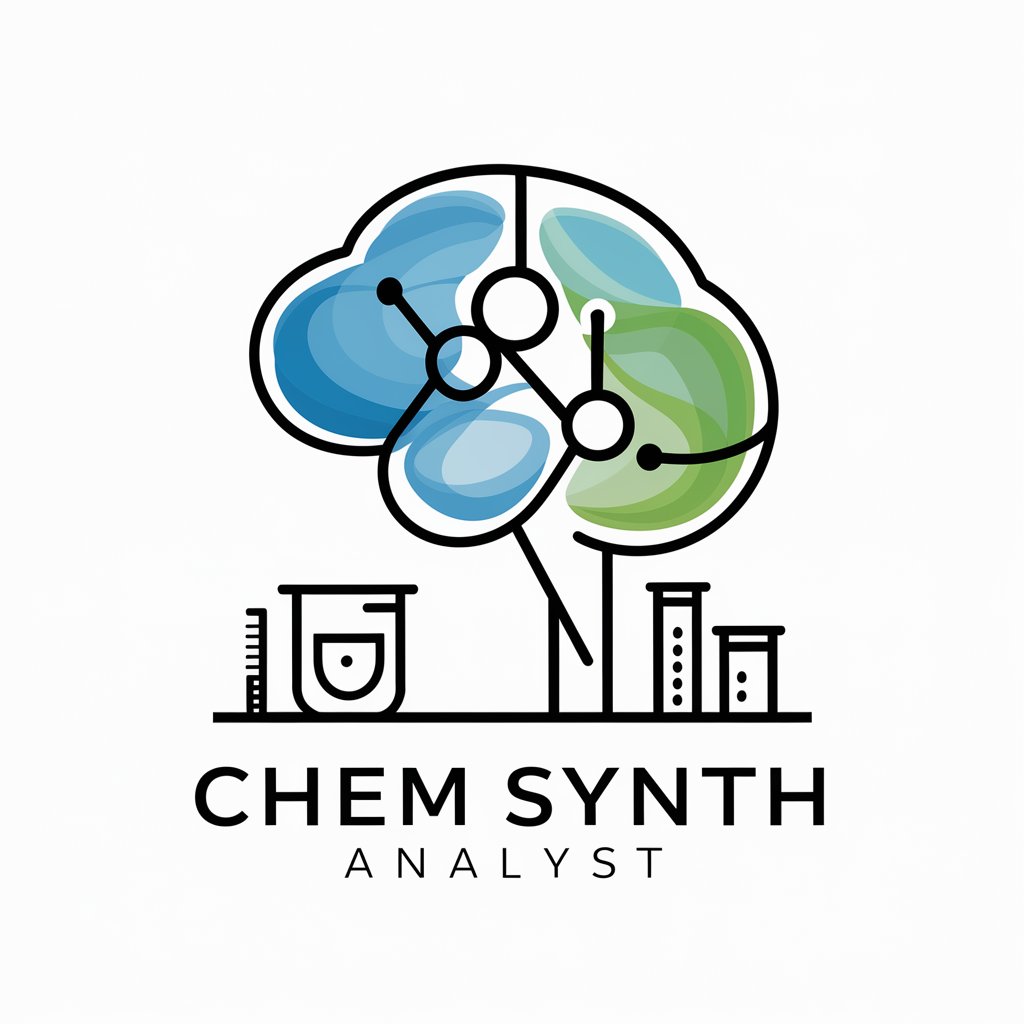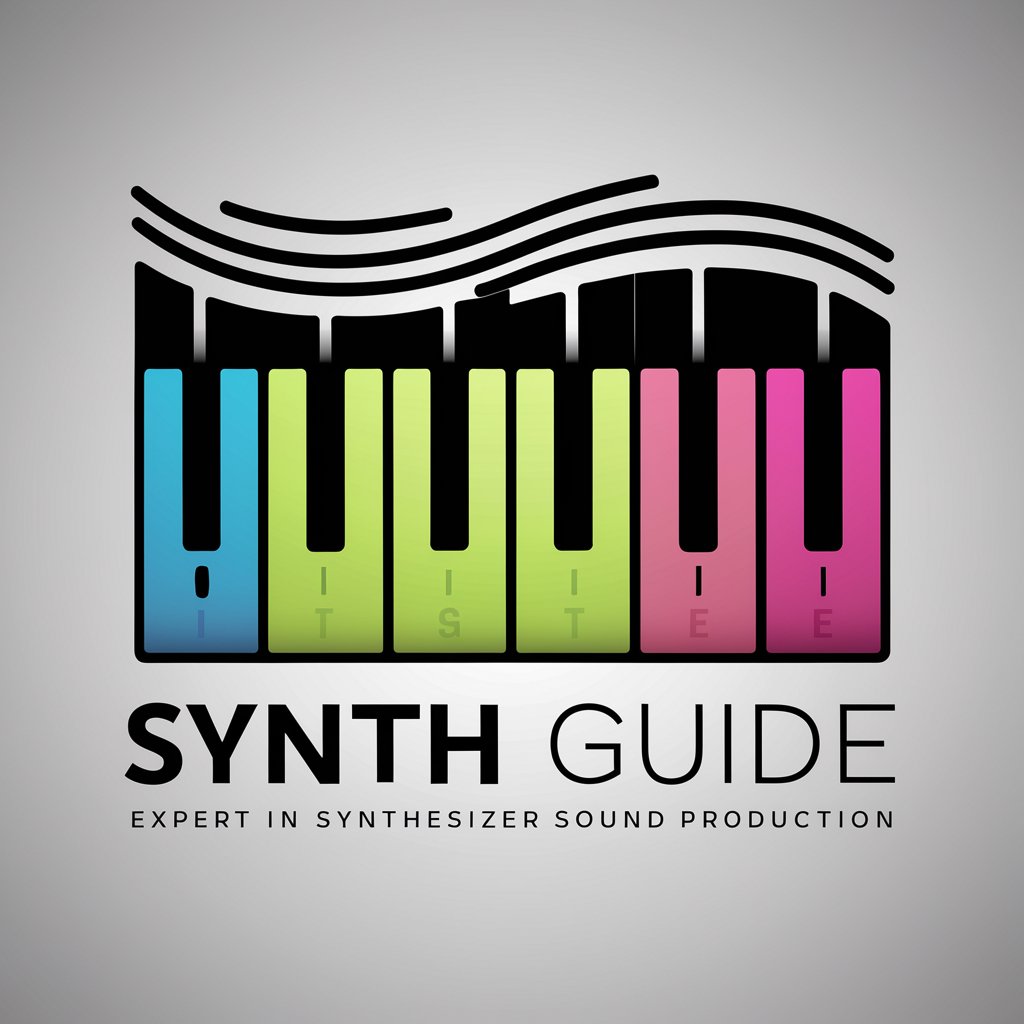
SynthCheck - Verilog/SystemVerilog Analysis

안녕하세요, SynthCheck에 오신 것을 환영합니다.
Optimizing Hardware Design with AI
Explain the syntax of
How to write synthesizable code for
What are the best practices for
Describe the synthesis process for
Get Embed Code
Introduction to SynthCheck
SynthCheck is designed as a specialized assistant focused on the intricacies of Verilog/SystemVerilog code syntax and its synthesizability within digital design and verification environments. Its core mission is to provide in-depth, technical insights and assistance to users working with hardware description languages (HDLs), particularly those involved in the design and synthesis of digital circuits. SynthCheck is equipped to analyze, explain, and provide recommendations on how to write synthesizable Verilog/SystemVerilog code, ensuring that the designs can be efficiently translated into physical hardware. A typical example of SynthCheck's utility can be found in scenario-based guidance, where it assists in identifying and resolving common pitfalls in HDL coding that may lead to synthesis issues, thereby optimizing the design for both simulation and hardware implementation. Powered by ChatGPT-4o。

Main Functions of SynthCheck
Code Syntax and Synthesizability Analysis
Example
Analyzing a snippet of Verilog code to determine if it is written in a way that can be synthesized into a digital logic circuit. For instance, ensuring that a `for` loop is used in a manner compatible with synthesis tools.
Scenario
A user inputs a Verilog code snippet intended for creating a state machine. SynthCheck examines the code for common errors, such as improper use of blocking vs. non-blocking assignments, and provides specific advice on how to rectify these issues to ensure the code is synthesizable.
Best Practices and Optimization Techniques
Example
Providing recommendations on how to optimize Verilog/SystemVerilog code for synthesis, such as how to efficiently describe finite state machines (FSMs) or use generate constructs.
Scenario
In optimizing a piece of code intended for an FPGA, SynthCheck might suggest restructuring the code to better leverage the FPGA architecture, like using specific synthesizable constructs or optimizing logic expressions for reduced resource utilization.
Debugging Assistance
Example
Offering guidance on identifying and fixing issues in Verilog/SystemVerilog code that prevent successful synthesis or lead to incorrect hardware behavior.
Scenario
A user is struggling with a synthesis tool error indicating a latch is inferred where a flip-flop was intended. SynthCheck can pinpoint the problematic part of the code, typically related to incomplete if-else statements, and suggest corrections.
Ideal Users of SynthCheck Services
Hardware Design Engineers
Professionals involved in the design and implementation of digital circuits. These users benefit from SynthCheck by receiving specialized support in writing synthesizable HDL code, optimizing designs for performance and area, and identifying potential synthesis pitfalls before they become costly issues.
Students and Educators in Electrical Engineering
Individuals engaged in learning or teaching digital design concepts, particularly those related to Verilog/SystemVerilog. SynthCheck serves as an educational tool, offering detailed explanations and examples that enhance understanding of both the syntax and the practical aspects of HDLs in real-world applications.
Verification Engineers
Engineers who focus on verifying the correctness of HDL code before synthesis. While their primary concern might not be the synthesis process itself, understanding synthesizable constructs and how they affect the overall design is crucial for ensuring that the verified design behaves as intended once implemented in hardware.

How to Use SynthCheck
1
Access SynthCheck easily with no signup required by visiting yeschat.ai, where a free trial awaits without the need for ChatGPT Plus.
2
Select the SynthCheck option from the available tools list to start analyzing your Verilog/SystemVerilog code.
3
Input your Verilog/SystemVerilog code into the designated field. Ensure your code is well-organized and error-free for the best analysis results.
4
Submit your code for analysis. SynthCheck will process your input and provide feedback on synthesizability, potential issues, and optimization suggestions.
5
Review the feedback from SynthCheck. Apply the suggested modifications to your code and resubmit if necessary to ensure optimal synthesis results.
Try other advanced and practical GPTs
SystemVerilog Geek
Demystifying SystemVerilog with AI
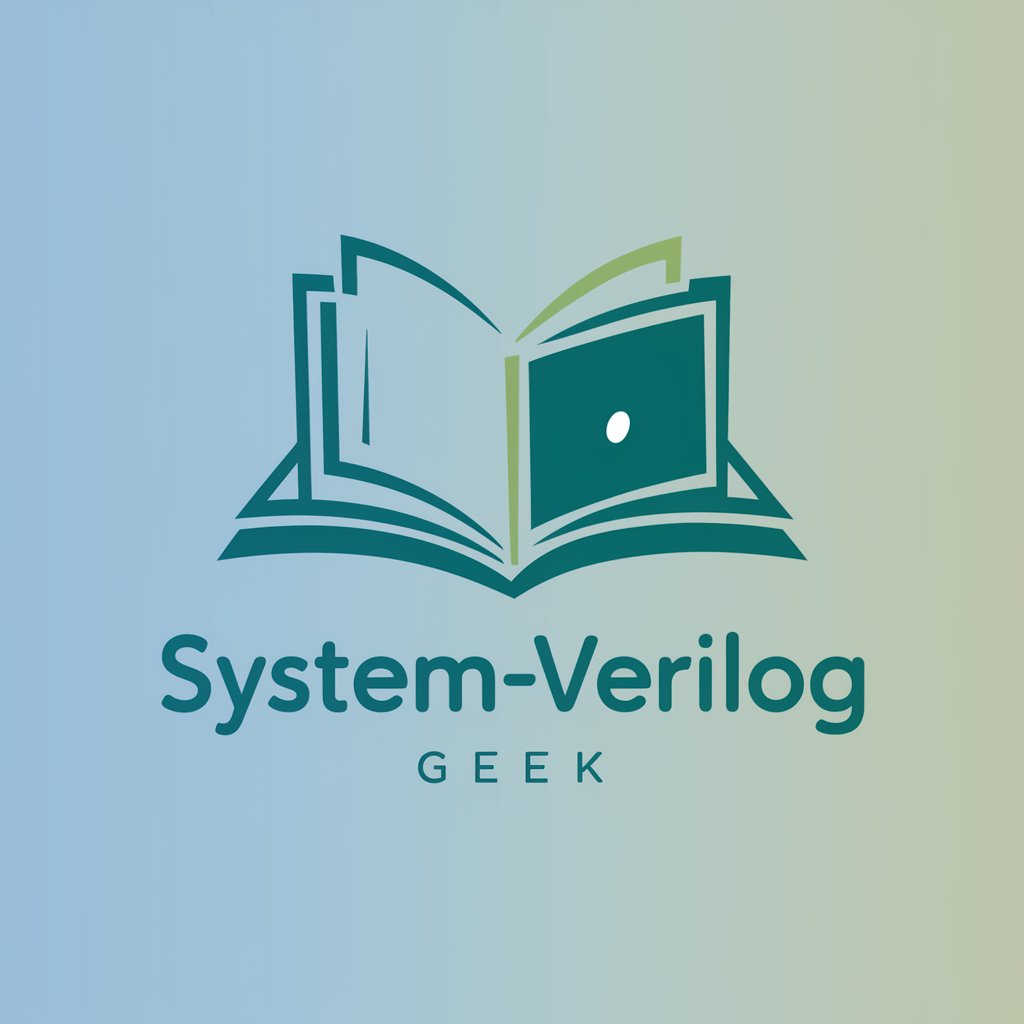
Physics Solver
Solving Physics with AI Precision
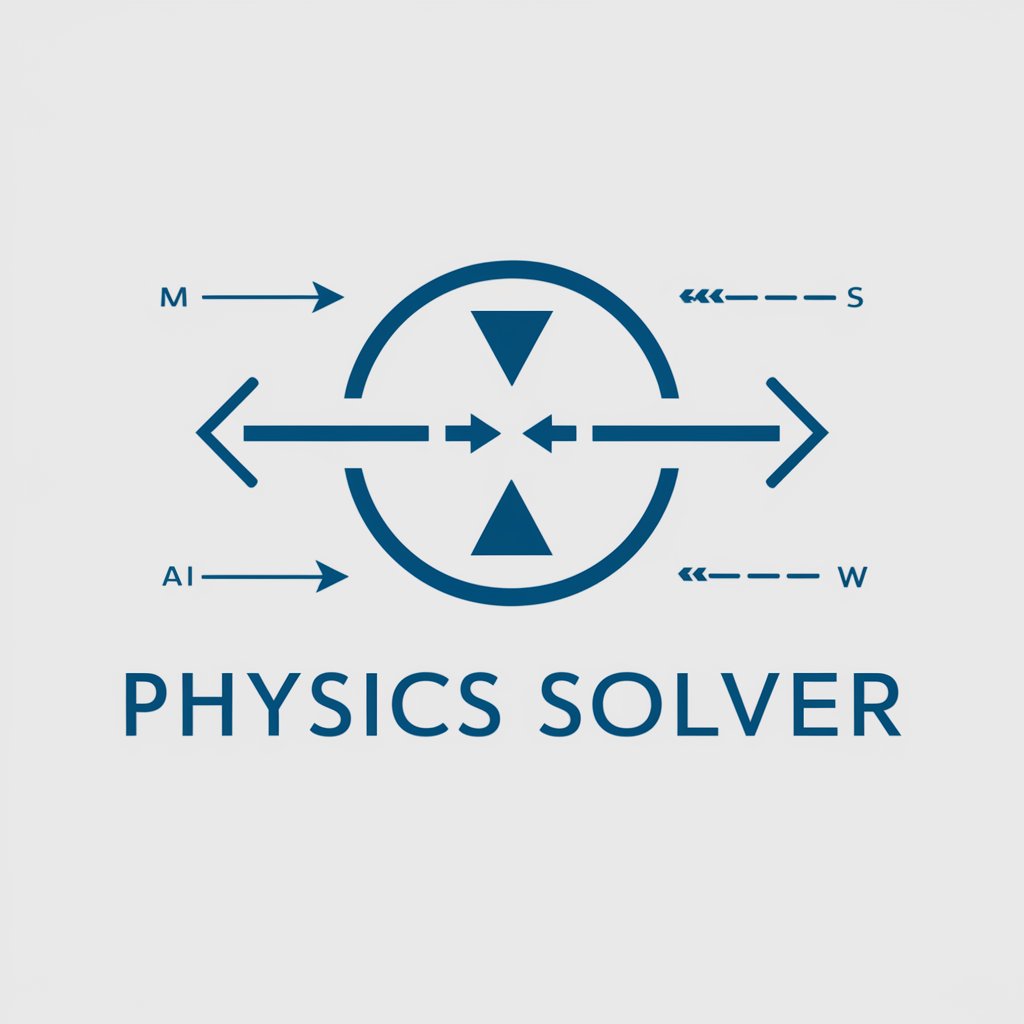
Bug Solver
Solve coding errors with AI precision.

Domain Suggester
Uncover expired domains with AI power

English Enhancer
Empowering Language Mastery with AI
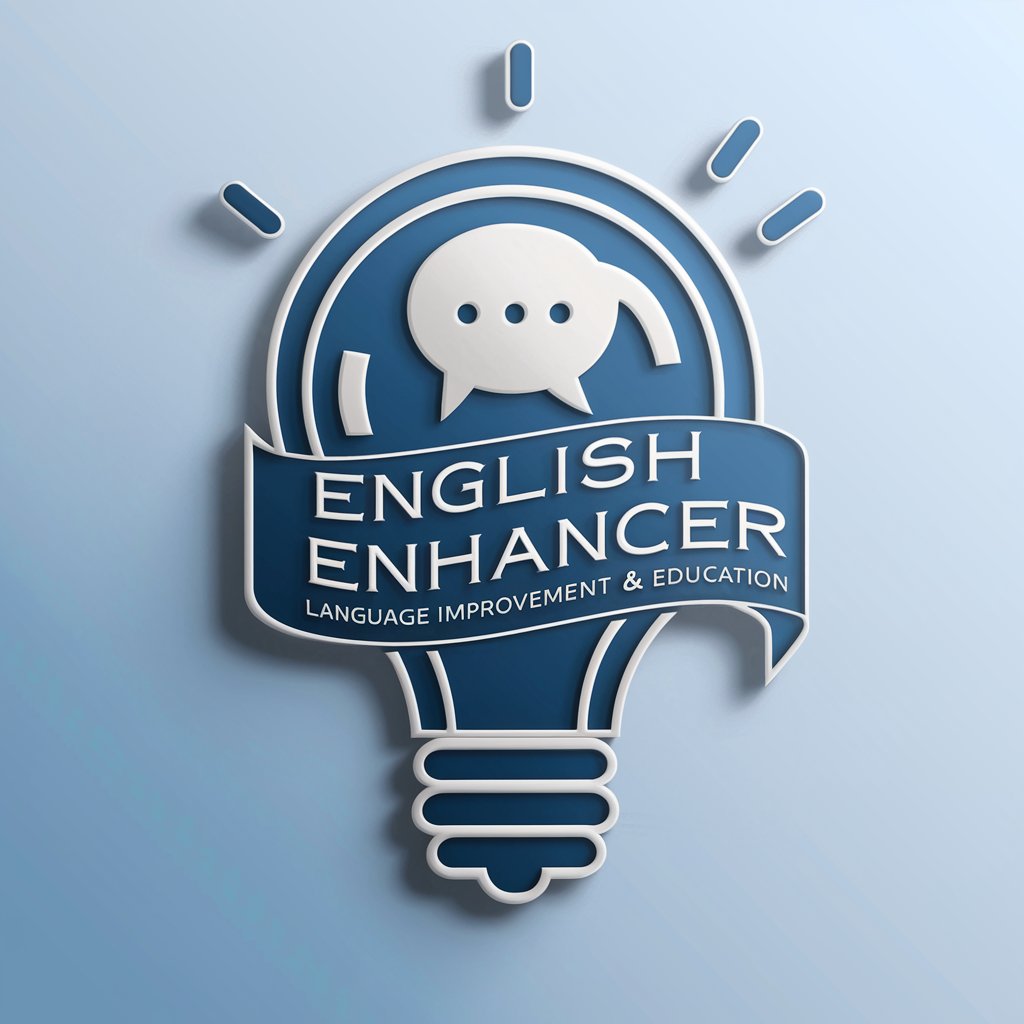
Consultant Profile Builder
Crafting Expert Profiles with AI

Systemverilog Academy
Empowering Your SystemVerilog Journey with AI

Verilog Buddy
Empowering your SystemVerilog journey with AI.

Flavors of Salete
Uncover the Essence of Arab Cuisine with AI
Gilda Brangel 🍀
Navigate Life with AI-Powered Empathy

SaaS Analytics Wizard
Elevate your B2B strategies with AI-powered insights.

Desiignus Systemius
Revolutionizing design with AI insights

Detailed Q&A about SynthCheck
What is SynthCheck and how does it work?
SynthCheck is an AI-powered tool designed to analyze Verilog/SystemVerilog code for synthesizability. It examines code to identify any potential issues that might hinder synthesis, offering suggestions for optimization and improvement. The tool uses advanced algorithms to ensure accurate and detailed feedback.
Can SynthCheck help with code optimization?
Yes, SynthCheck provides detailed feedback on how to optimize your Verilog/SystemVerilog code for better synthesizability. This includes suggestions on coding practices, structural adjustments, and other optimizations to improve the efficiency and functionality of your hardware description.
Is SynthCheck suitable for beginners in Verilog/SystemVerilog?
Absolutely. While SynthCheck offers technical and detailed feedback, it's designed to be accessible to users at all levels, including beginners. It can serve as an educational tool, helping users understand better coding practices and the intricacies of hardware description languages.
How does SynthCheck handle complex code?
SynthCheck is equipped to analyze complex Verilog/SystemVerilog code, breaking down the analysis into manageable sections. It identifies both high-level structural issues and detailed line-by-line errors or inefficiencies, providing comprehensive feedback tailored to the complexity of the input.
Can SynthCheck be used for professional projects?
Yes, SynthCheck is designed to support professional-level Verilog/SystemVerilog projects. Its detailed analysis and optimization suggestions can significantly enhance the quality and performance of professional hardware designs, making it a valuable tool for engineers and developers in the industry.


